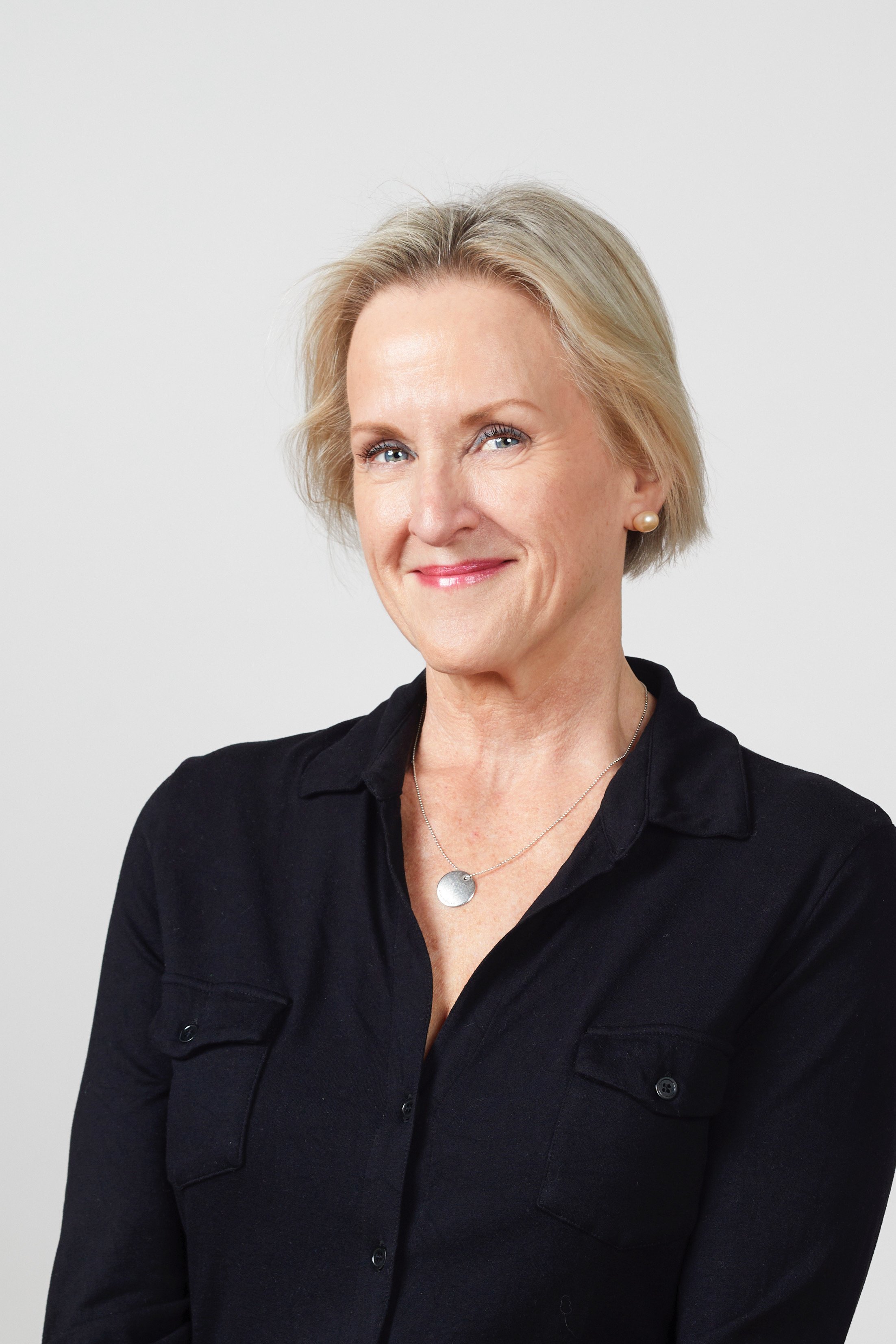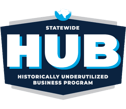As we reflect on the first full year since USP <800> became enforceable in early 2023, it's clear that compliance has been both a challenge and a learning opportunity for healthcare facilities nationwide. The initial inspections revealed that even well-prepared organizations discovered areas requiring additional attention and refinement in their hazardous drug safety protocols.
USP <800> compliance isn't a one-time achievement but rather an ongoing commitment to workplace and patient safety. At Rpharmy, we understand this continuous journey and remain dedicated to supporting healthcare facilities at every stage of their compliance efforts. Our Safety First blog has become a trusted resource hub for USP <800> and formulary management, with both recent guidance and foundational articles continuing to serve our readers' needs. As we reviewed our most popular posts from 2024, it was interesting to see the information that resonated most with you, our community.
Check out the Top Blogs of 2024:
From Our Customers: The Top 8 Questions To Expect In Joint Commission Inspections
Originally published in January 2021, this blog shares feedback from our clients who had experienced an inspection that addressed preventing healthcare workers from exposure to hazardous drugs. Topics such as Look-Alike, Sound-Alike, Antibiotic Stewardship Employee Training and documentation, and more are just as relevant today as they were nearly four years ago. In fact, in September, we published an update to this popular blog in response to requests from you, our readers. Although many of the topics covered in inspections are the same, there is more emphasis on USP <800> than ever before.
In 2021, there was a sense of urgency that once the pandemic “ended,” the inspections would commence immediately. Here we are at the end of 2024, and not every facility has experienced a Joint Commission inspection focused on USP <800>.
Check out the blog for some nostalgia and relevant tips for preparing for 2025. And while you’re at it, take a look at the updated version of the blog. I’m sure in 2025, we’ll have another update!
The Future of Rpharmy: Building a Legacy of Safety in Healthcare
As often as possible, we share the story behind Rpharmy and why we are so passionate about patient and healthcare worker safety. At the beginning of this year, we had another occasion to share our “why” as our family-run business gained another member, our daughter, Caroline McBreen. As the Director of Business Development, she led initiatives this year, which resulted in increased awareness of Rpharmy, more product demos and customers, and, therefore, more patients and healthcare workers being protected.
Read the blog to hear our story, if you haven’t already, and to meet Caroline for the first time or a second or third.
The Power of Women-Owned Business Certifications: Rpharmy is Texas HUB Certified
I have a tremendous sense of pride as a woman business owner, particularly in the healthcare technology space, where, as we state in the blog, just 23.1% of CEOs are women, as reported by Medical Design & Outsourcing.
This year, Rpharmy received certification as a woman-owned business in the Texas Historically Underutilized Business (HUB) Program. I’m honored to lead a team of women and men who support female leadership.
As I’ve shared before, early on in my career, I worked for large healthcare technology companies in roles still not generally held by women. So, to lead a successful, woman-owned business recognized by Texas HUB is a significant milestone and honor.
The blog shares more on the Texas HUB certification.
NEW ROI Case Study: The Real Cost of Manual Hazardous Drug Management
As my daughter stepped into the role of director of business development, she contributed her finance background to illustrate what manual management of hazardous drugs could be costing you.
Caroline created an ROI template to help pharmacy and healthcare leaders estimate the time, resources, and cost savings they could achieve with an automated, cloud-based hazardous drug platform.
This blog, first published in February, continues to serve as a valuable resource as healthcare systems work to make the case for transforming their hazardous drug safe handling and disposal efforts. Since then, Caroline has written several more in the Rpharmy Rounds series, focusing on customer stories that have led to many “aha” moments.
 Implementing Rhazdrugs: Resources for Communicating Cross-Departmental Benefits
Implementing Rhazdrugs: Resources for Communicating Cross-Departmental Benefits
As healthcare systems dug into the USP <800> requirements, they quickly realized that many departments would be affected across the organization. The pharmacy tends to lead the charge, but teams, including environmental services, must now have access to safe handling and disposal information if exposed to hazardous drugs. This mandate can complicate an already complicated regulation, but have no fear, Rpharmy is here to help.
This blog, published in January, discusses a document we created to help you communicate the value of Rhazdrugs to other stakeholders in your organization who are also affected by USP <800> requirements.
It’s been fun to look back at 2024, and we’re equally excited to see what 2025 brings. No matter what the new year holds, the Rpharmy team will be here to support you in your patient and healthcare worker safety initiatives.


